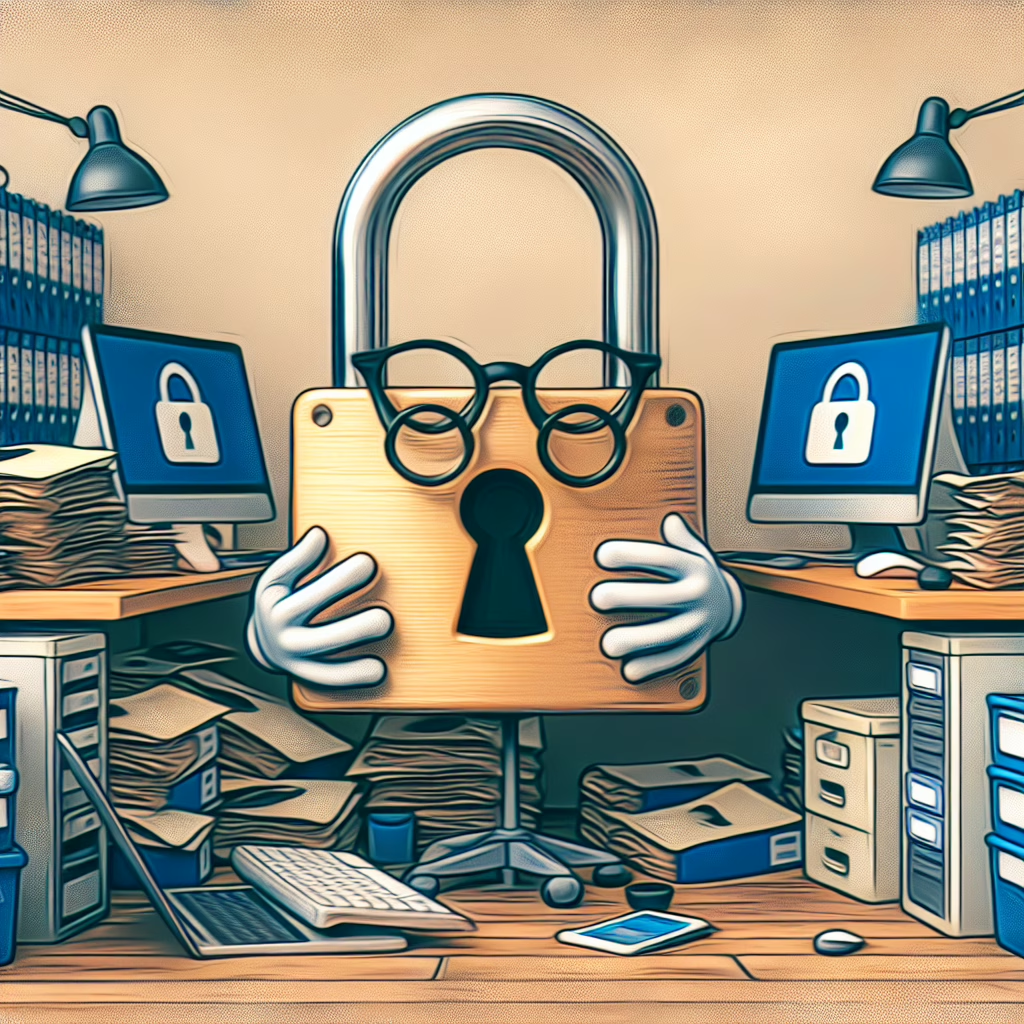In a world where your smile can be your best asset, it’s absolutely tragic when something as serious as dental security goes awry. Just recently, a major US dental firm managed to spill over 8 million user files online. Yes, you read that right! That’s more files than there are questionable selfies in your camera roll. So, let’s dive into this amusingly alarming situation and explore what it means for dental security.
What Happened to Dental Security?
Picture this: a bustling dental practice, patients smiling with pearly whites, and then—bam!—a cyber mishap turns into a digital disaster. The exposure of over 8 million user files raises eyebrows and questions about how secure our personal information really is. This incident has become a classic case study in the annals of data breaches, proving once again that even dentists aren’t immune to the clutches of cybercriminals.
While you might think that a dentist’s office is all about flossing and fluoride, they also store sensitive information like social security numbers, insurance details, and maybe even your deepest secrets about hating kale. When this data breach spills onto the internet like the last bit of toothpaste from a nearly-empty tube, it becomes a ticking time bomb for identity theft.
The Fallout: What This Means for You
Now that we’ve established that dental security isn’t just about keeping plaque at bay, let’s talk about the fallout of such an exposure. First off, if you’re one of the unfortunate souls whose data has been compromised, you may want to check your credit reports more often than you visit the dentist. After all, those hackers love nothing more than snatching up personal data like kids on Halloween night!
But don’t fret just yet! There are steps you can take to safeguard your dental records and personal information:
- Monitor Your Accounts: Keep an eye on your financial accounts like a hawk watching its prey (or maybe like a dog watching its owner eat dinner).
- Change Passwords: If you haven’t changed your passwords since your last cleaning appointment, now’s the time! A strong password is like floss—essential for keeping things clean.
- Use Identity Theft Protection Services: Consider investing in tools that alert you to any suspicious activity. Think of them as your digital dental hygienist, keeping your identity squeaky clean!
Dental Firms Need a Reality Check
This massive leak serves as a wake-up call for all dental practices. It’s time for them to upgrade their cybersecurity measures because who wants to lose their entire patient database over some sloppy digital hygiene? Just like you wouldn’t trust a dentist who doesn’t wear gloves, don’t trust firms that aren’t taking dental security and data protection seriously.
Investing in robust cybersecurity training for staff is essential. After all, if a dentist can master root canals and teeth whitening techniques, surely they can learn how to keep data safe! And let’s not forget about regular audits—because nobody wants to find out that their data was exposed weeks after the fact.
The Silver Lining: Learning from Mistakes
On the bright side, incidents like these push organizations toward better practices. With each data breach comes an opportunity for improvement. It’s like learning not to eat ice cream too fast—painful at first but ultimately beneficial in the long run!
If dental practices use this breach as an impetus to strengthen their cybersecurity protocols and educate their teams on best practices, we might just witness an era where our sensitive information is more secure than a dentist’s secret stash of candy.
Your Takeaway on Dental Security
So there you have it—a not-so-funny but utterly important reminder that dental security requires vigilance! As patients, we must stay informed and proactive about protecting our information. Share your thoughts below on how you think dental firms can step up their game when it comes to securing our precious data.
A special shout-out to TechRadar for shedding light on this issue! For those interested in diving deeper into this topic, check out the original article here. Thanks for keeping us informed!

